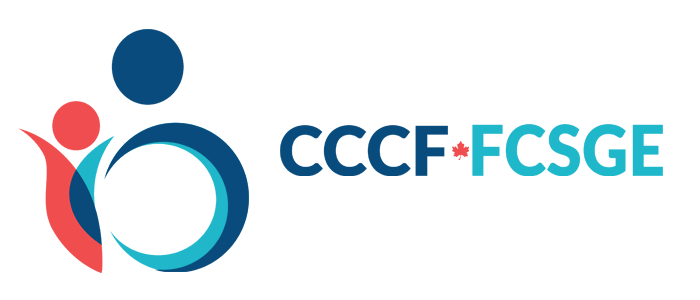The Canada-wide Child Care Plan: How is it advancing?
On April 19, 2021, the Hon. Chrystia Freeland, Minister of Finance, announced in the federal budget, a historic and transformational $34B investment in child care, marking the most important policy advancement for Canadian women, children and the economy in a generation. It not only answers the call of families for affordable, quality, inclusive and accessible child care, but also mobilizes the inception of a child care system that will position Canada—provinces and territories—to emerge strongly from the pandemic. Equally essential, is the parallel funding for the Indigenous Early Learning and Child Care Framework.
Since April 2021, the federal government negotiated Early Learning and Child Care (ELCC) agreements with most of Canada’s provinces and territories. These agreements are based on the policy and funding goals set out in the federal budget and include:
- Affordability of child care for families, reducing service fees by 50% by the end of 2022 and to evolve to an average of $10/day by 2025/2026. In some cases, the agreements are even more ambitious in their timelines to reduce fees.
- Funding for supporting the ELCC workforce for wages and benefits, professional development, and career pathways, realizing that quality and expansion of services cannot happen without a stable, well-educated and well renumerated ELCC workforce.
- Expanding spaces and improving access and availability of services for families in the not-for-profit and public sectors
- Enhancing the quality of child care services, while ensuring affordability and inclusion
- Enabling new opportunities for systemic change to meet the needs of First Nations, Inuit and Métis Nation communities to ensure Indigenous children and families have access to affordable, high quality and culturally appropriate ELCC.
Who has signed an ELCC agreement with Canada’s federal government and who is still negotiating?
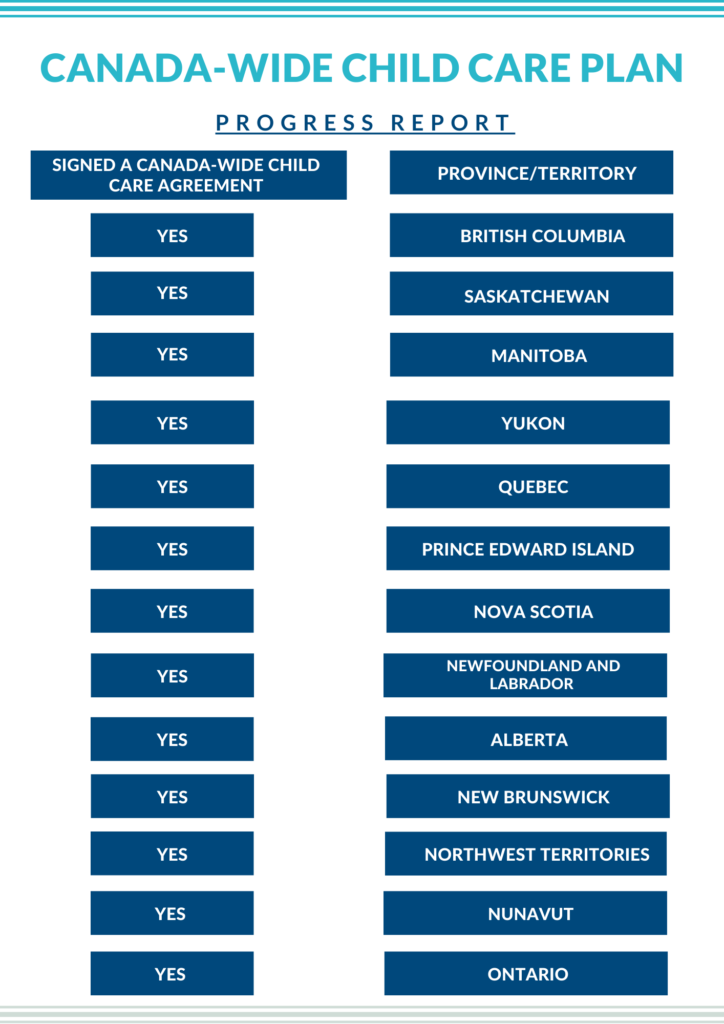
Please click on the province/territory to read their actual agreement
Province/Territory
Alberta
Manitoba
Quebec
New Brunswick
Newfoundland and Labrador
Northwest Territories
Nunavut
How your provincial or territorial community can move forward with a Roadmap
Several organizations have created Roadmaps that outline how their province can realize a comprehensive, high quality ELCC system for children, families and communities as a part of the Canada-wide ELCC system.
In Ontario, the Ontario Coalition for Better Child Care’s Roadmap can be read here
September 2025 update:
Created in consultation with the Ontario Coalition of Better Child Care members, partners and allies, the Roadmap sets out a hopeful vision of an early learning and child care system with affordable fees, decent work and pay for educators, and access for all, and recommends policy interventions to make that vision a reality.
Download the document here
In British Columbia, the Early Childhood Educators of BC and the Coalition of Child Care Advocates of BC’s Roadmap can be read here
In Saskatchewan, the CCCF partnered with the Muttart Foundation , Child Care Now and the Saskatchewan Early Childhood Association along with lead researcher Ms. Jane Beach to create the Roadmap to a Quality Early Learning and Child Care System in Saskatchewan.
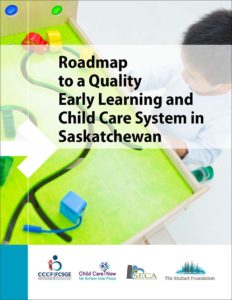
In Alberta, the CCCF partnered with the Muttart Foundation , Child Care Now and the YMCA of Northern Alberta along with lead researcher Ms. Jane Beach to create the Roadmap to a Quality Early Learning and Child Care System in Alberta.
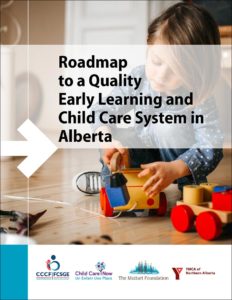
In Manitoba, the Manitoba Child Care Association (MCCA), with support from the CCCF, Child Care Now and the Child Care Coalition of Manitoba along with lead researcher Ms. Jane Beach to created the Roadmap to a Quality Early Learning and Child Care System in Manitoba.
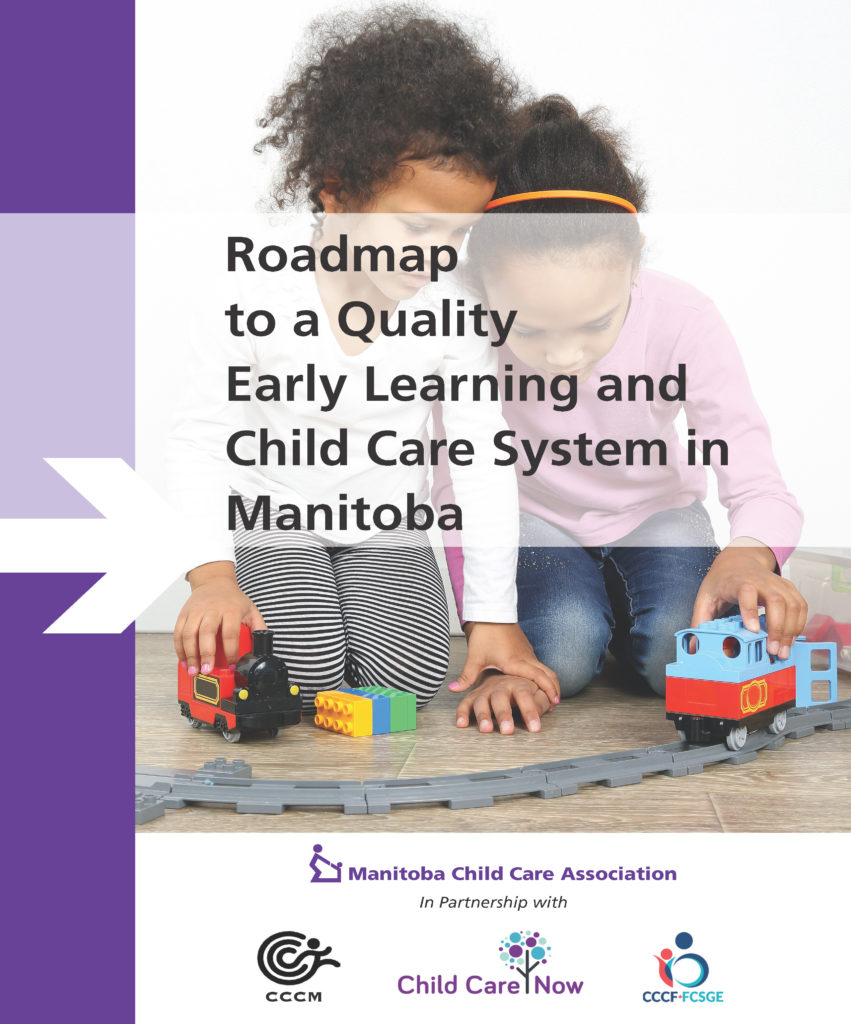
To review some of our past 2021 election coverage:
- Our post on what child care will cost a family under the proposed plans from each party
- Our post on what the Federal party’s Child Care platforms say about your profession
- Our election 2021 resource post






